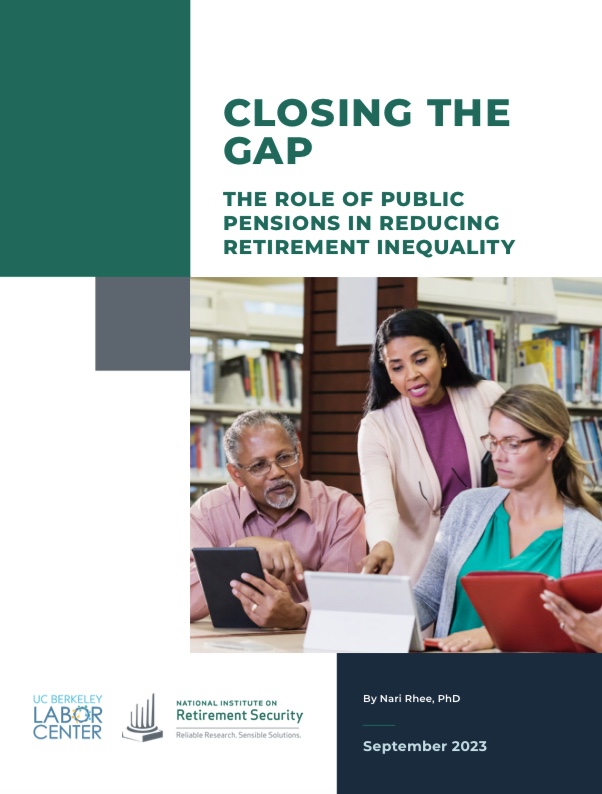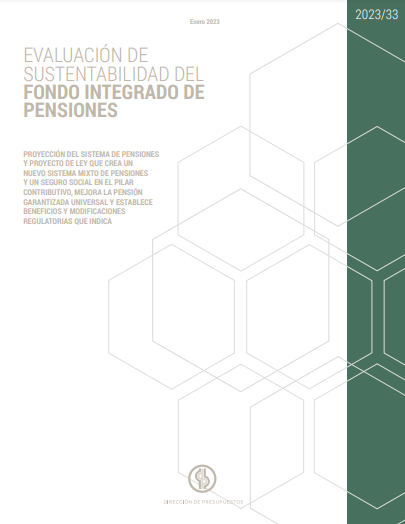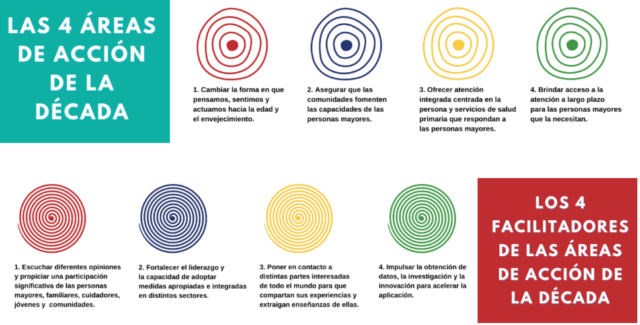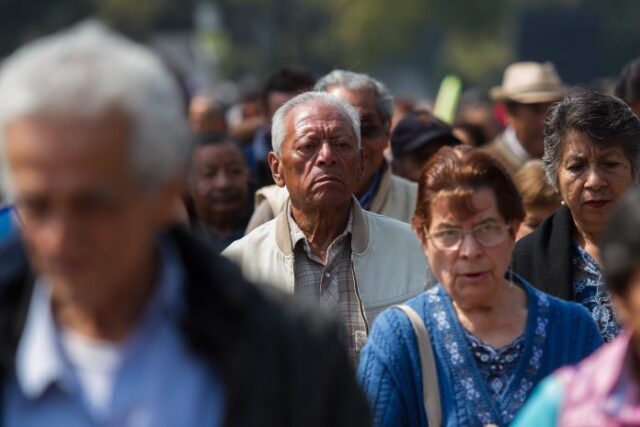Closing the Gap: The Role of Public Pensions in Reducing Retirement Inequality
By Nari Rhee This study analyzes the impact of defined benefit pensions, especially public pensions, on retirement income security and wealth distribution by race, gender, and educational attainment in the U.S. It serves as a companion report to Closing the Gap fact sheets, which are designed to inform the public about the social equity impact of pensions in each state and the District of Columbia. Get the report here










